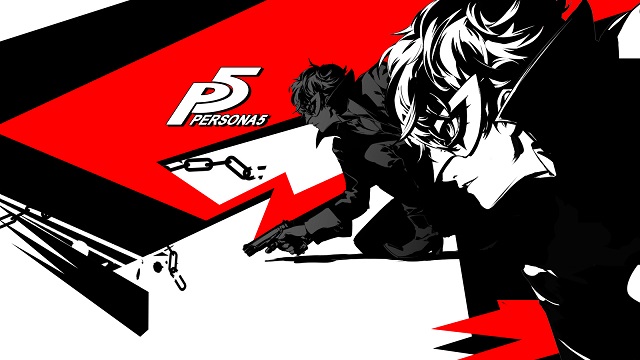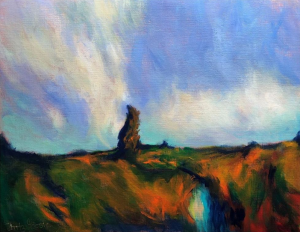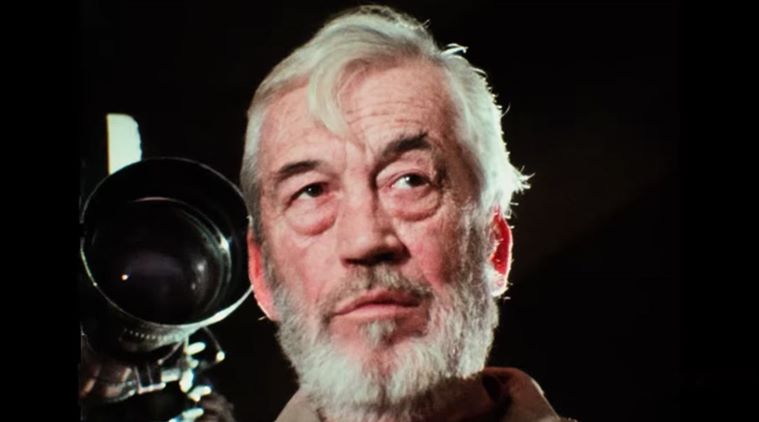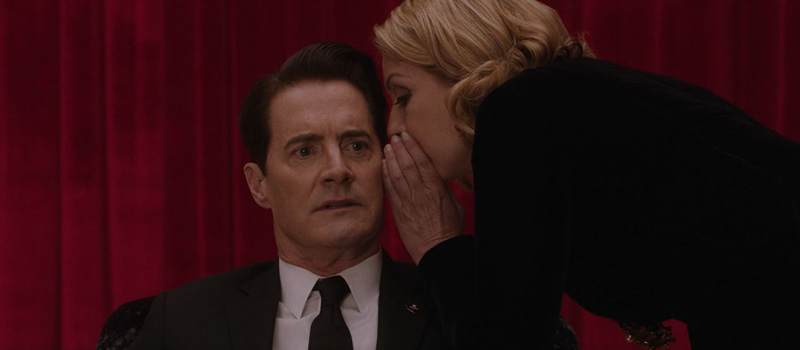
I really am getting worse with the intervals between posts. What is it now, half a year since my last update? Oh well. Things get in the way as usual: work, play and writing. And speaking of play, I finished Persona 5.
First off, I’d just like to say: wow. What a game! It’s been a very, very long time since I’ve gone through a game so rigorous and so paced out as this – I thought it was never going to end. It’s a hell of a journey. Maybe that’s an overstatement on my end though, as I must shamefully admit now that while having played Persona 4, and the series predecessor Shin Megami Tensei III. I never actually managed to finish either – Shin Megami Tensei III because I lost the save file to it very far into the game, and Persona 4 because I got a bad ending and then proceeded to idiotically overwrite the save file with the new game plus condition, thereby forcing me to replay the game all over again (which I didn’t). I’d been pondering replaying Persona 4, but I never quite got around to it, and by the time the thought left my mind, Persona 5 was hot off the press. I say now that going into it, I knew nothing of the game beyond the one teaser trailer they showed at E3 a few years ago. The game was just something I wasn’t paying attention to – probably because of Metal Gear Solid V: The Phantom Pain taking my personal hype spotlight. So, a few weeks ago I saw that it got released here in New Zealand, and I remembered the good fun I had with the series up to the point where I stuffed up and quit in self-disgust, so – after not having played a video game since the release of Dishonored 2 – I bought it for my Playstation 4. It’s safe to say the purchase went well beyond meeting my satisfaction.
Persona 5 has been getting rave reviews across the board, with 9/10s, 10/10s, 5 stars and marks of essential, must play or buy it plastering gaming websites, magazines and videos across the net. It could be considered one of the greatest role-playing games of all time. I’m inclined to agree.
Some of the first things to hit me with this title was the sheer style of it. The art direction especially: every single function of the game is overlaid with this chaotic mish-mash of rebellious colours and displays. The user-interface is a beautiful mess, with text presented as though it came from the calling-cards used by the Phantom Thieves themselves, and the animated interaction of our main character playing with the very interface becomes a sort of hallmark – it makes the visual roguish nature Persona 5 wishes to intend an actuality. It’s a very creative way of incorporating the contents of the world with the system itself – though not an original concept, it achieves the merging of the world with the UI in a way that games like Fable 3 failed to understand; it’s fun. The music was another standout, it’s fantastic, so good that I actually downloaded the soundtrack (which is a very rare thing for me to do). It’s split between Shin Megami Tensei’s iconic epic rock performances during battles (more commonly for boss fights), but also moves away from Persona 4’s sunny and sometimes melancholy J-pop sound to a fresher, more upbeat, jazzy and funky mix of songs that give the game an even smoother vibe. However, my favourite part is how the developers have worked the music – somehow – into the gameplay with turn based battles not only becoming a game of strategy, but a chance to give flourish to your encounters by matching in the very actions of your party in time with the music: I seem to recall the countless hours I spent picking specific turns for my chance to time an all-out attack or baton pass along with the chorus to Last Surprise. It’s exhilarating; it’s fun; it’s just so cool. Persona 5 oozes style, and no matter how juvenile or questionable the game may become at times through the plot and many, many dialogue scenes, the style is always there, and you just get sucked into it.
In regards to the story, I know it’s not expected for a series like this to show off impressive writing; and it doesn’t. I suppose it fits into both cliches similar to most social simulator and Japanese role-playing type games – respectively, that of varied archetype personalities needed for more flavored interaction, and that of a plot which slowly ascends from relatively small-scale gambits to the ultimate finale: facing some form of End Being which tests the resolve of the main character’s spirit to the very last. It’s all overly dramatic in a very ‘anime’ way, and yet it works. The story keeps you wanting to know more, and the characters are there along with you to make sure the journey is that much more worthwhile: all of the additions to your circle are larger than life characters, each with their own distinct personalities that work well to clash and complement with each other as well as supporting the main character in their own unique manner. Airheaded-but-willful; Klutz-but-ferociously-loyal; pretentious-but-extravagant… The archetypes are there, and yes, they are designed in a certain ‘cut-out’ way, but for a game where pure style takes the reins over substance, it works. Yahztee Croshaw shared this sentiment too, in a rather complementary part of his usual cynically minded reviews:
I kept playing because I wanted to see what happened next. There’s a comparison to be made with Mass Effect here – both games are about forming a Scooby gang – but I like the Persona 5 Scooby gang members because they’re underdogs, they don’t open up to you straight away, and they’re expressive.
(Video here)
One thing the story did well however, was facilitate plenty of time for the battles. Underneath Persona 5’s stylish approach, the system remained as familiar to me as it was in Shin Megami Tensei III and Persona 4: that being, the gist of the system comes down to a turned based affair between your party of four and the enemy party of multiple weak or a single strong opponents – the primary Megami Tensei flare coming from taking advantages of strengths and weaknesses through skill types (similar to Pokemon, i.e. fire against ice or curse against bless) to rack up extra turns and pummel your enemy into submission. Persona 5 introduces the use of firearms though, allowing you all sorts of criticals, technicals and weak points to exploit (similar to the melee additions to your teammates based on their bond levels), and depending on the level of your confidants, access to ace moves like ambush shoot-outs or down shots – which sounds rather serious for a team of crime fighting high-schoolers, but it’s all contained within the less-visceral musicality of the game’s tone. It’s another tool and improvement in the arsenal of Persona’s battle system, which was already solid since the Playstation 2 era. My favourite part? The Demons! Though they’re called Shadows in the Persona universe, they’re basically identical to the entities from Shin Megami Tensei: a staggering amount of monsters based on real mythology from which you have all the chances of utilizing. Thanks to Megami Tensei’s bread-and-butter fusing system, you’re able to keep up the variety whilst climbing the power-levels of the game, cutting away the grind but still feeling like you accomplished the reward of the end-game Demons/Shadows available. Sorry, but what’s not awesome about being able to summon Thor, Dionysus, Metatron or the Moirae Sisters into battle with you?
Writing this soon after finishing the game, I’m left feeling a little empty. Persona 5 was a hell of a ride, it’s something I’ve not experienced since Metal Gear Solid V, and it’s something I doubt I’ll experience in a game for a very long time. I tend to say I’ve become a little distant from video games as media – what with my time being taken up by reading, writing and doing what I can to get through my final year of my degree – but every now and then, there’s a game that comes along and reminds me why I still play them. Persona 5 is that kind of game.
If you like video games and haven’t had the chance to play it, I urge you to try it, whether you rent it first or borrow it from a friend; whether you like role-playing games or Japanese games in general, it’s worth a try at least, I’m sure you wouldn’t regret it.












